Editorial: EFCC, Yahaya Bello, and the Rest of Us: A Call for Due Process
Recent events surrounding the Economic and Financial Crimes Commission (EFCC) and former Governor Yahaya Bello of Kogi State have stirred significant controversy, sparking debates on the rule of law, due process, and the role of law enforcement agencies in Nigeria.
The allegations brought forth by the EFCC, particularly regarding the purported misuse of public funds, have been met with vehement denial and counterclaims from Bello’s camp. Accusations of media trials, selective prosecution, and personal vendettas have dominated the discourse, casting a shadow over the integrity and impartiality of the anti-corruption agency.
One of the key points of contention revolves around the handling of the allegations by the EFCC. Critics argue that the agency’s approach, characterized by aggressive media campaigns and public statements, undermines the principles of fair trial and presumption of innocence.
Instead of adhering to established legal procedures, the EFCC has been accused of resorting to sensationalism and intimidation tactics, raising concerns about the erosion of due process and the rule of law.
The case also highlights broader systemic issues within Nigeria’s law enforcement and judicial systems.
The disregard for court orders, the politicization of law enforcement, and the lack of accountability have eroded public trust and confidence in the institutions tasked with upholding justice and fighting corruption.
Moreover, the politicization of the EFCC’s actions raises questions about the agency’s independence and impartiality.
The perception that law enforcement agencies are being used as tools for political persecution undermines their credibility and effectiveness in combating corruption.
In light of these developments, it is imperative for all stakeholders to reaffirm their commitment to the rule of law and due process. Law enforcement agencies must operate within the confines of the law, respecting the rights of individuals and upholding the principles of justice and fairness.
Politicization and selective prosecution only serve to undermine the legitimacy of anti-corruption efforts and perpetuate a culture of impunity.
Furthermore, there is a need for greater transparency and accountability in the operations of law enforcement agencies.
Public confidence in the integrity of these institutions can only be restored through a commitment to openness, professionalism, and adherence to established legal norms.
As the EFCC continues its investigation into the allegations against Yahaya Bello, it is essential that due process is upheld, and justice is served in a manner that is fair, transparent, and free from political interference.
The credibility and effectiveness of Nigeria’s anti-corruption efforts depend on it.
In conclusion, the EFCC, Yahaya Bello, and indeed, all Nigerians must recognize that adherence to the rule of law is paramount in the fight against corruption. Only through a commitment to due process and judicial integrity can we truly root out corruption and build a society that is founded on the principles of justice, fairness, and accountability.
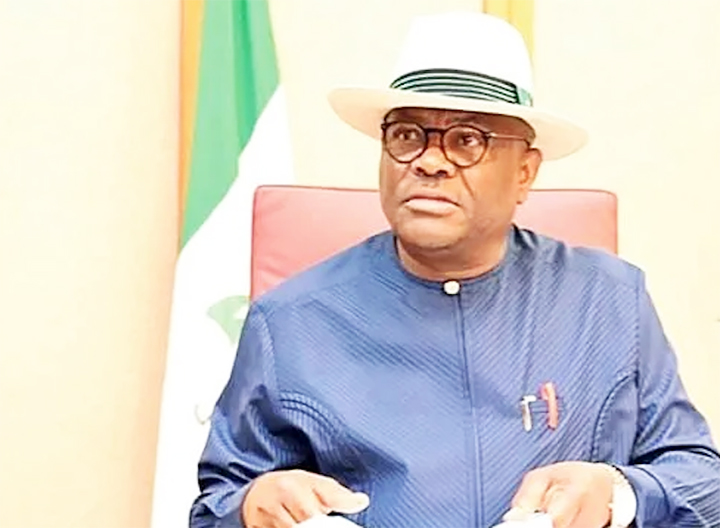


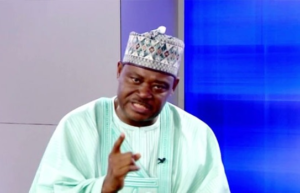



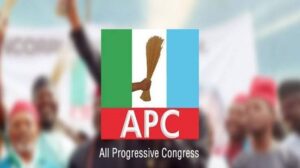

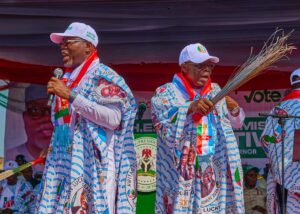
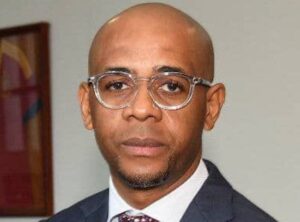

Post Comment